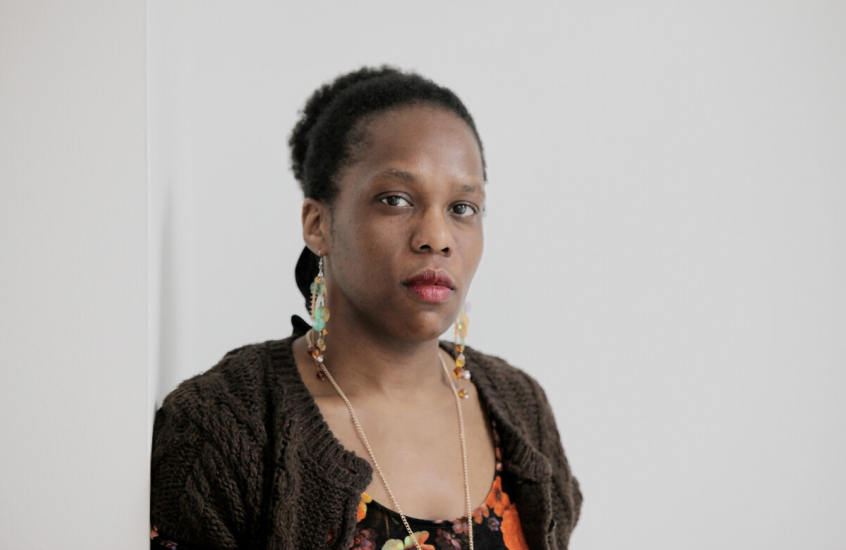
A Christian nursery worker was discriminated against because of her religious belief, an employment tribunal has found.
Sarah Mbuyi, an evangelical Christian from Belgium, was working at a nursery in Highbury, north London when she was sacked for upsetting a lesbian colleague who was in a civil partnership with another woman.
Mbuyi had suggested to the woman that she might like to attend church which could act as an extended family. She had also previously given her a Bible.
The unnamed woman said she would not be interested in attending church until the church would recognise her relationship so that she could get married there.
Mbuyi then told her what she understood by the biblical teaching on homosexuality and included a reference to homosexuality being a sin. This was in the context of the colleague regarding her sexuality as a bar to church attendance. Mbuyi said: "God does not condone the practice of homosexuality, but does love you and says you should come to Him as you are." She also said her colleague need not worry because "we are all sinners".
At this point the unnamed woman was so upset she left the room in the nursery, where both she and Mbuyi had been caring for young babies.
Although the colleague made no complaint against Mbuyi, the nursery management began a disciplinary action. When the managers asked Mbuyi at the disciplinary hearing whether she thought her colleague was wicked, Ms Mbuyi replied: "Yes, but we are all wicked." Asked whether she would read a story about a gay couple to children at the nursery, she said she would not, and would ask a colleague to read it.
The tribunal was heard at Watford in March before a panel of three chaired by Employment Judge Broughton.
The judgement says the nursery acted on the basis of "stereotyped ideas of evangelical Christianity". The panel also said that if the nursery had asked Mbuyi and her colleague not to talk about their religious beliefs or their sexuality in the workplace again and either of them had refused, this would have been grounds for dismissal.
The procedural shortcoming in the case, where Mbuyi was dismissed on the basis of her colleague's version of events alone, was a key factor in judgment in Mbuyi's favour.
The case was brought by Mbuyi with support from the Christian Legal Centre (CLC).
Andrea Minichiello Williams, barrister and CEO of the CLC said: "This is a brave judgment and comes as a great relief to Miss Mbuyi and to all of us at the Christian Legal Centre.
"This judgment is a 'common sense' judgment which shows understanding of the Christian faith and Miss Mbuyi's freedom to live and speak it out in the work place.
"We have been in the employment courts for over a decade now and at last we have a sensible decision."
According to the National Secular Society, which published the judgment on its website today, however, the verdict undermines claims from Christian activists that Christians are not protected from discrimination when their rights come into conflict with gay rights.
Terry Sanderson, President of the National Secular Society, said: "This was not a case of Christianophobia which the Christian Legal Centre is so intent on insisting is widespread. The judgment stated: 'None of the claimant's treatment was because she was a Christian.'

"This case therefore throws a spanner in the works of the Christian Legal Centre's narrative that Christians are not protected from discrimination at work, particularly when they come into conflict with gay people. It shows that the equality laws are working properly and that Christians that have a genuine grievance (rather than the hair-trigger persecution narrative that the Christian Legal Centre usually deals in) will be treated justly by the law.
"Although we think the tribunal came to the right decision in this case, it does illustrate that when people try to evangelise in the workplace it can so easily lead to conflict with colleagues. It is significant that Ms Mbuyi was thought by some fellow employees to be too ready to 'look for opportunities to share her faith when she felt she was being invited to do so'."
Mbuyi told the Sunday Times: "I only ever responded to questions that my colleague asked me, and wanted the very best for her. I hope that my previous employer and colleagues are well and will understand from this that my intention was for the best."

















